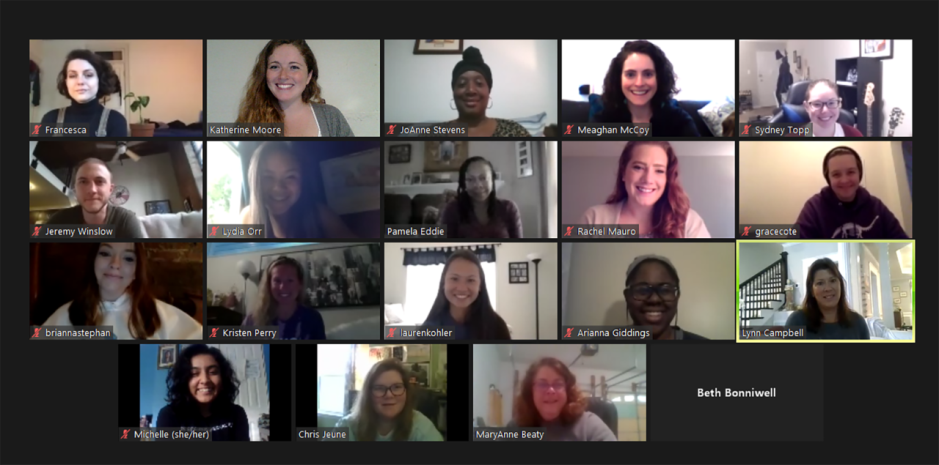
by Safe Harbor Shelter | Jul 1, 2020 | Community Awareness, Gratitude Report, Volunteers
Safe Harbor has served the greater Richmond community for 20 years, and its strength has been the partnership they’ve forged within the community. Its volunteer program exemplifies the strong bond Safe Harbor has with the community: Each year, volunteers provide...
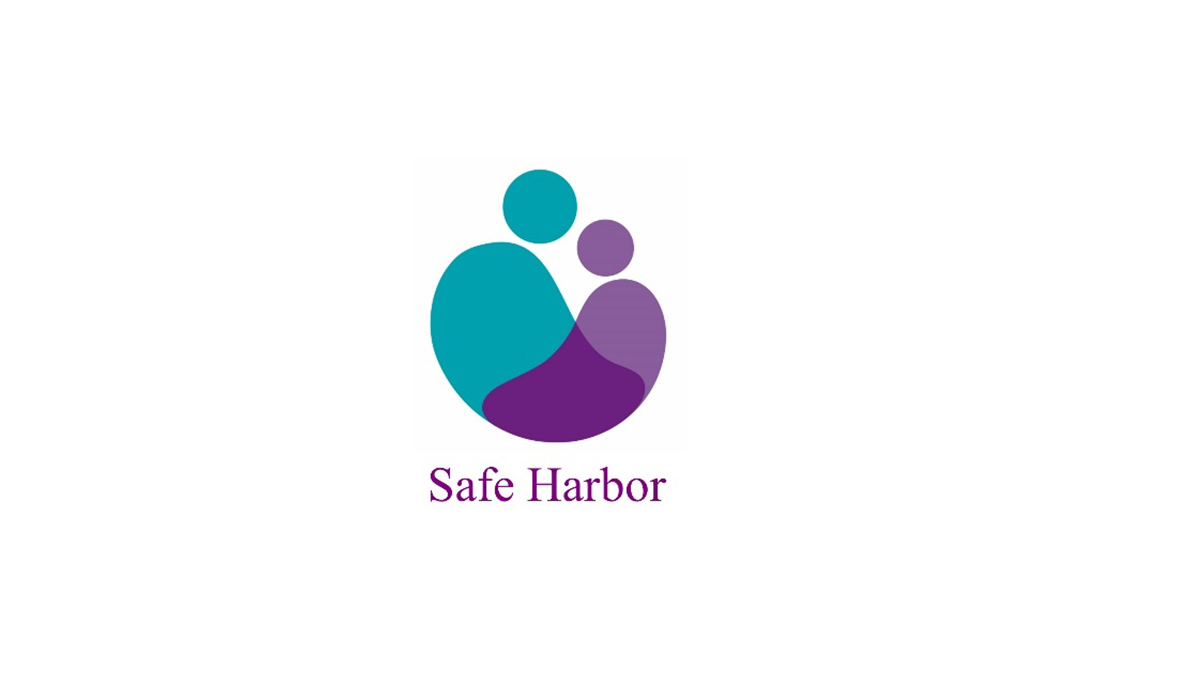
by Safe Harbor Shelter | Jul 1, 2020 | Domestic Violence, Gratitude Report, Shelter News
In the wake of the COVID-19 crisis, Kim Dailey, SDV Program Manager, had to adapt operations to protect current clients and assist new clients. Safe Harbor quickly realized that the pandemic would likely increase the need for services and increase the danger for...

by Safe Harbor Shelter | Jun 15, 2020 | Counselors Corner
Thank you for joining us here at The Counselor’s Corner ! Today we are sharing a progressive muscle relaxation video intended to help those who experience the physical manifestations of trauma, stress, etc. Take a moment for yourself today to pay attention to...
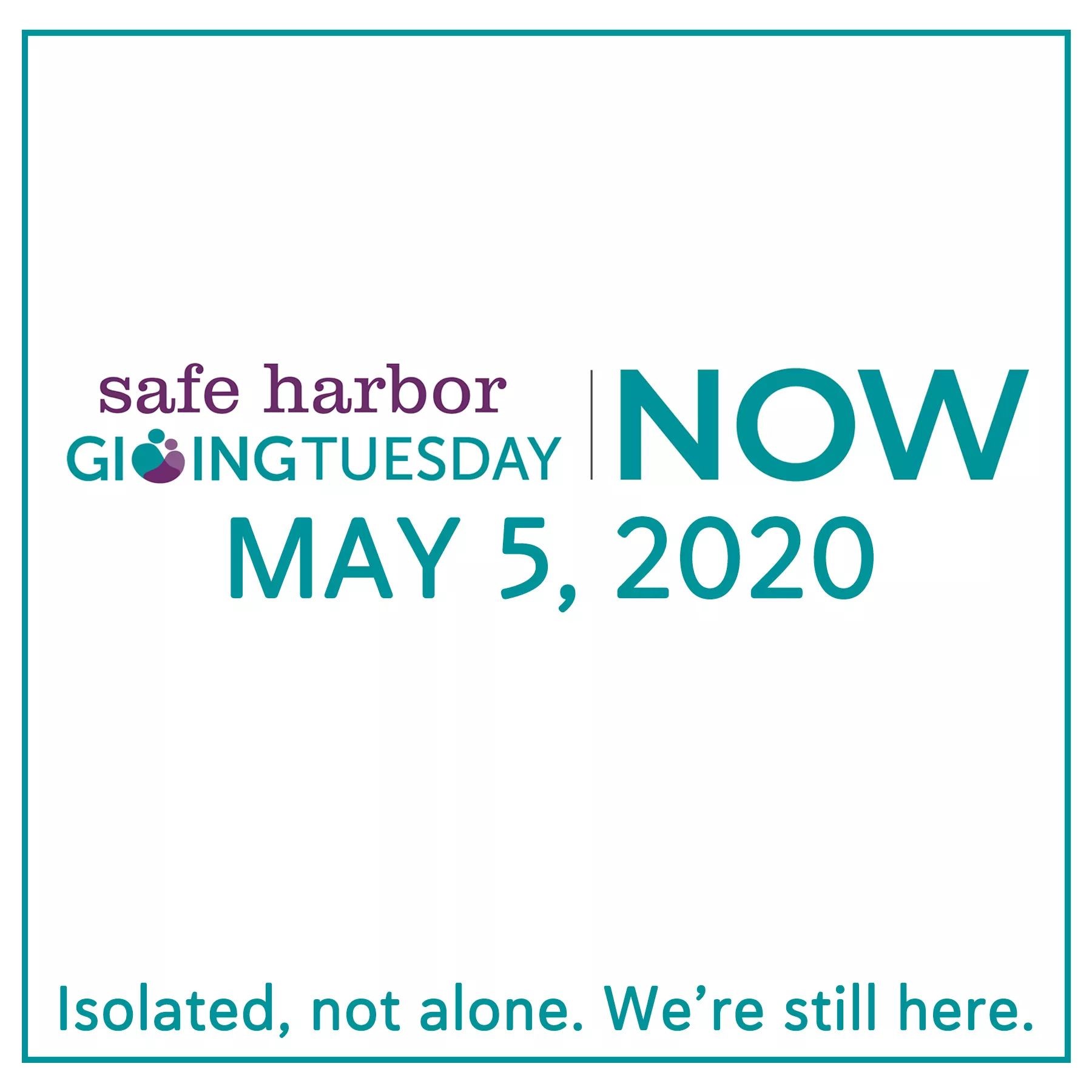
by Safe Harbor Shelter | Apr 29, 2020 | Community Awareness, Community Support, Domestic Violence, How To Help..., Human Trafficking, Local & Regional
The COVID-19 pandemic has imposed costs on all of society. As is often the case, the cost is even higher on the vulnerable. For people living in homes with domestic violence, isolation may not only increase their danger but make it harder for them to reach...

by Safe Harbor Shelter | Apr 8, 2020 | Community Awareness, Community Support, Fundraising, Hotline 804.612.6126, Local & Regional, Shelter News
In the wake of the COVID-19 pandemic, Safe Harbor has taken measures to protect clients and staff while still providing essential services to continue our mission. Counseling will be provided over the phone or through HIPAA-compliant video conferencing tools....
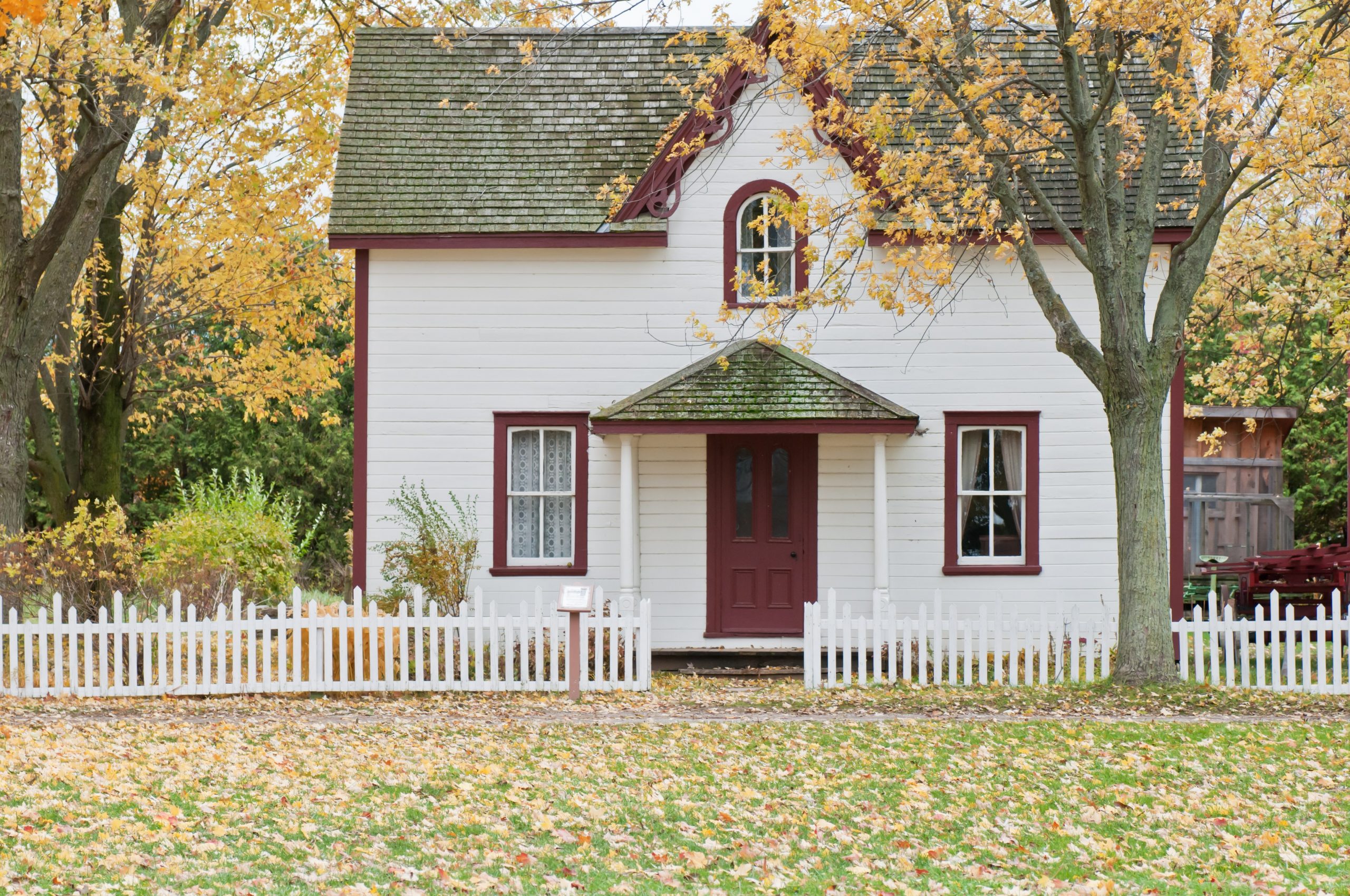
by Safe Harbor Shelter | Apr 2, 2020 | Community Awareness, Community Support, Domestic Violence, Fundraising, Hotline 804.612.6126, Individual, International, Local & Regional, Recent Media, State & National
COVID-19 has imposed a new normal on all of us. Isolation. Social Distancing. But imagine if you were trapped in a home with an abuser. Think about how difficult it would be to make a call for help. Cindy Capriles, Director of Counseling...
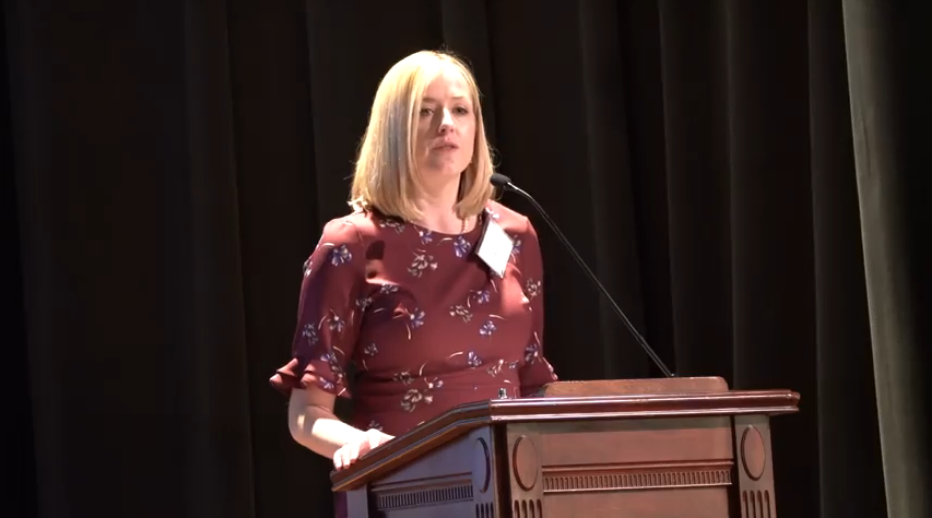
by Safe Harbor Shelter | Apr 1, 2020 | Counseling
These words, spoken by a counselor at an organization like Safe Harbor, made a difference in the life of a girl whose childhood was turned upside down by domestic violence. Now grown up, successful, and committed to helping others, Jennifer Scheller, Vice President...
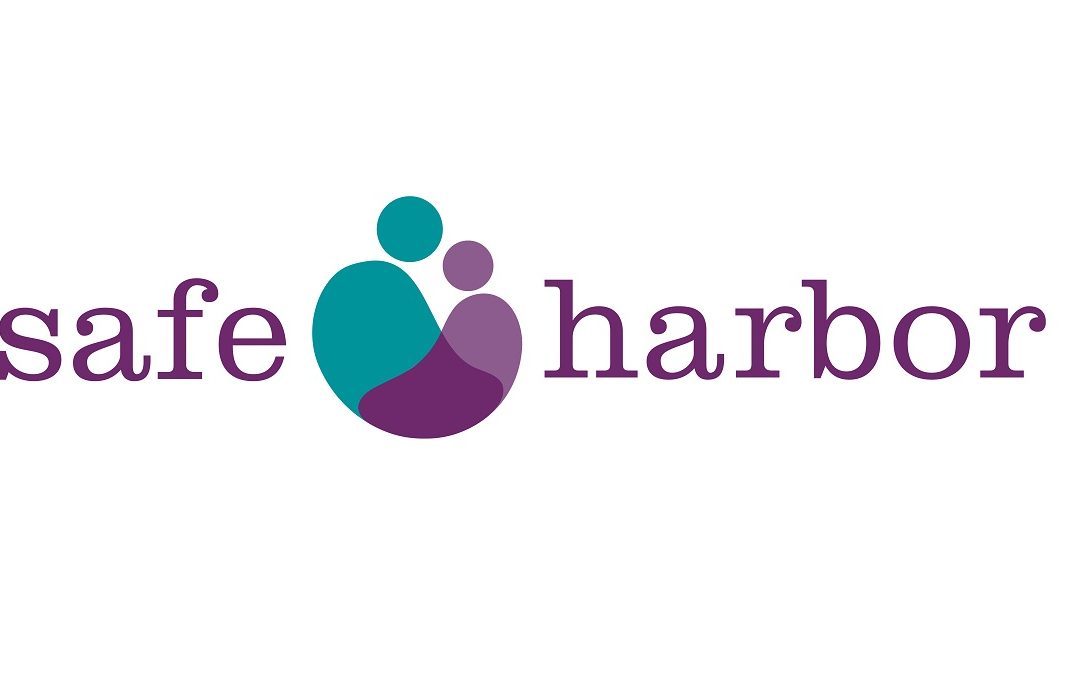
by Safe Harbor Shelter | Jan 30, 2020 | Beacon of Hope, Events & Happenings, Local & Regional
Safe Harbor’s Beacon of Hope Award and Fundraising Event will be held on Thursday, February 20, 2020 at 6:00pm, at Tuckahoe Women’s Club. The Beacon of Hope Award was created by Safe Harbor in 2007 to recognize an outstanding individual or agency that has been...

by Safe Harbor Shelter | Jan 16, 2020 | Community Support, Conferences & Trainings, Events & Happenings, Human Trafficking, Local & Regional, Recovery & Resilience
CONFERENCE CANCELLED Join Safe Harbor for the second annual “Building Recovery: A Comprehensive Residential Program for Survivors of Human Trafficking” on Friday, March 27th, 2020. This conference is designed for individuals and/or agencies looking to start their own...
by Safe Harbor Shelter | Sep 24, 2019 | Counseling
Although domestic violence occurs in every race, religion, gender, and socioeconomic status, immigrant survivors have a unique experience. They often experience higher rates of domestic violence than U.S. citizens because in many of their home countries this violence...










